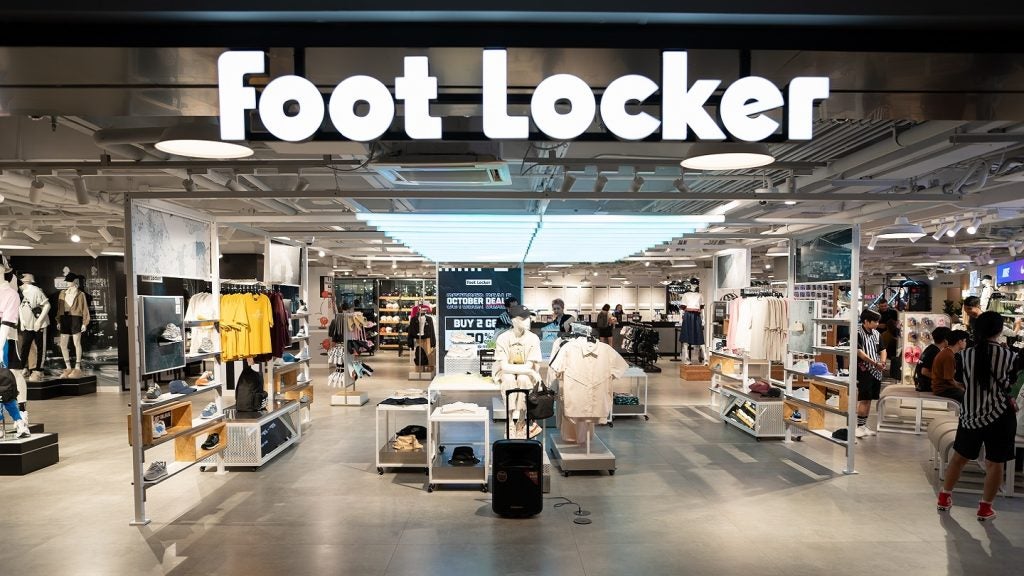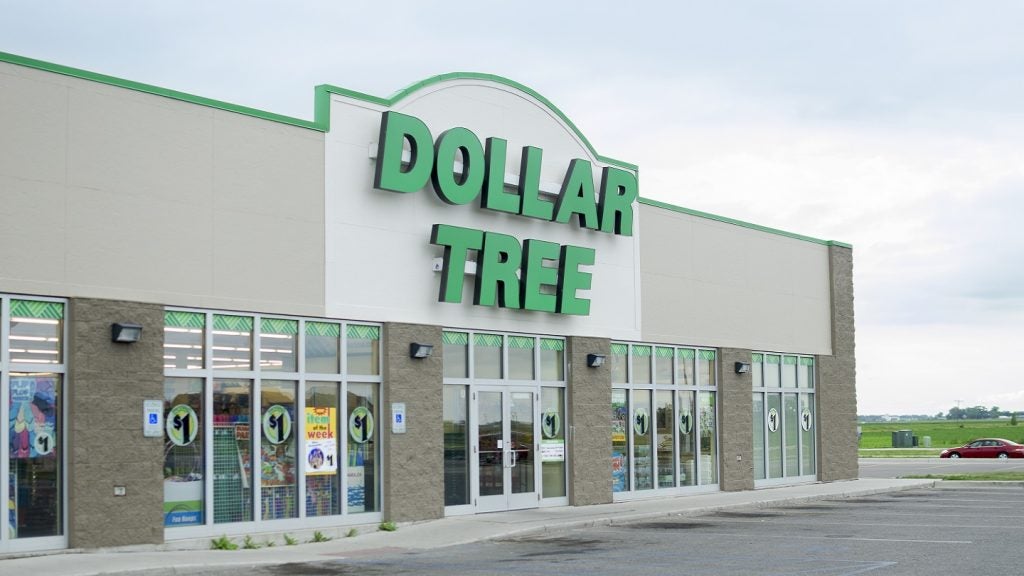Retail sales in the UK faced a challenging November, with total sales falling by 3.3% year-on-year. This marked a sharp contrast to the 2.6% growth seen in November 2023 and fell below both the three-month average decline of 0.1% and the 12-month average growth of 0.5%.
Helen Dickinson, Chief Executive of the British Retail Consortium (BRC), pointed to the shift of Black Friday sales into December as a significant factor.
“While it was undoubtedly a bad start to the festive season, the poor spending figures were primarily down to the movement of Black Friday into the December figures this year. Even so, low consumer confidence and rising energy bills have clearly dented non-food spending,” she said.
Food sales offered a rare bright spot, growing by 2.4% year-on-year over the three months to November, though this was still weaker than the 12-month average growth of 3.7%.
Meanwhile, non-food sales continued to struggle, falling by 2.1% over the same period, with declines observed both in-store and online.
Online sales and Winter spending trends
The decline in online non-food sales was particularly stark, dropping by 10.3% year-on-year in November compared to a 2.1% decline in November 2023.
The online penetration rate also dipped slightly to 40.6%, though it remained above the 12-month average of 36.4%.
Linda Ellett, UK Head of Consumer, Retail & Leisure at KPMG, noted, “Retail sales went into minus numbers for November. While the majority of November’s data tells a disappointing tale for the retail sector, this reporting didn’t include Black Friday week, so the hope for retailers is that consumers were being savvy shoppers.”
Ellett also highlighted an increase in health product sales, driven by the arrival of winter illnesses.
“An upturn in health product buying signalled that the winter months had arrived and, along with food and drink, was one of very few categories to see in-store or online sales growth,” she explained.
Budget pressures loom over retailers
Retailers are bracing for mounting challenges in the coming months. The introduction of new packaging levies and other costs outlined in the recent Budget will add an estimated £7 billion to operational expenses next year.
Dickinson warned, “If customers don’t get spending in the remaining weeks running up to Christmas, retailers will be feeling the squeeze from both sides as reduced revenues are met with huge additional costs next year.”
Despite the subdued start to the festive season, Sarah Bradbury, CEO of IGD, identified a glimmer of hope in the food and drink sector.
“IGD’s latest research highlights signs of festive cheer, with 5% more shoppers than last year planning to spend what they want this Christmas. However, despite this uplift, it’s unlikely to be a bumper Christmas for all, as many remain focused on budgeting,” Bradbury remarked.
As retailers face uncertainty, the focus remains on capturing last-minute festive spending and mitigating potential revenue losses through targeted promotions and early Christmas sales.
For now, the hope is that consumer caution doesn’t eclipse seasonal optimism entirely.














